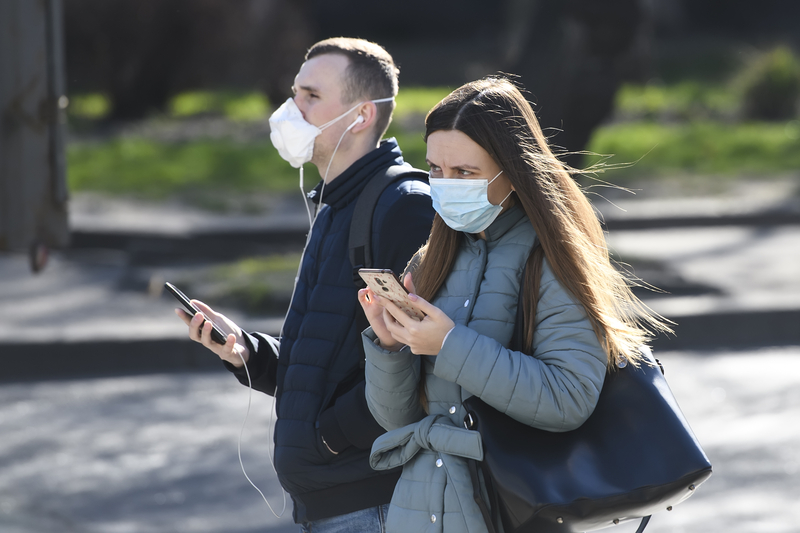There is so much information out there about the coronavirus. It’s been the most life-changing event that has happened in decades. Because of this, there has been and continues to be much research done on the disease. But where there is information, there is also a plethora of misinformation. Pay attention to these hot topics that are created to deceive.
Vaccines
The most obvious movement that has gained traction in recent years is the anti-vax movement. While some people have legitimate concerns about medical freedom and personal health problems, others oppose vaccines to a conspiratorial level. For example, some people suggest that vaccines may add “government trackers” to your body. Another popular theory is that they scientifically do not work.
Both of these claims are false, as vaccines have been shown to do remarkable things in curing polio and reducing flu deaths. Vaccines are some of the greatest medical creations in the history of the world. Be careful when you research these topics, and be aware of potential biases.
Face Masks
Nothing was more controversial in 2020 than the face mask conflict. While some people decidedly wore the mask, other people are more hesitant and completely defiant on the issue. The arguments that are commonly made from people who don’t support masking relate to breathability, the efficiency of the masks, and the constitutionality of them.
The latest research suggests that face masks are crucial to protecting high-risk people in public. While past medical experts may have suggested differently at the beginning of the pandemic, scientific knowledge is constantly changing. Check with the advice of the CDC and other professional websites.
Contact Surfaces
Earlier in the year, there was a debacle about whether contact surfaces cause the virus to spread. Theories online had spread suggesting that this was not the case, suggesting the consistent wiping down of surfaces to be asinine. However, many health professionals have suggested that this is probably for the best. It’s better to be safe than sorry.
Though the CDC has shown data illustrating that COVID-19 mostly spreads from person-to-person, adding extra safeguards to keep people safe is a positive thing. If you see studies in the future “debunk” the current scientific findings, make sure to analyze their research carefully.
Being a responsible media consumer means that you shouldn’t take any network or individual’s word at face value. Look at hard data and let that shape your thoughts going forward. Misinformation about COVID-19 may be common, but that doesn’t mean you can’t look past it.
Read this next: Places You Should Avoid to Reduce Your Risk of COVID-19 Infection



